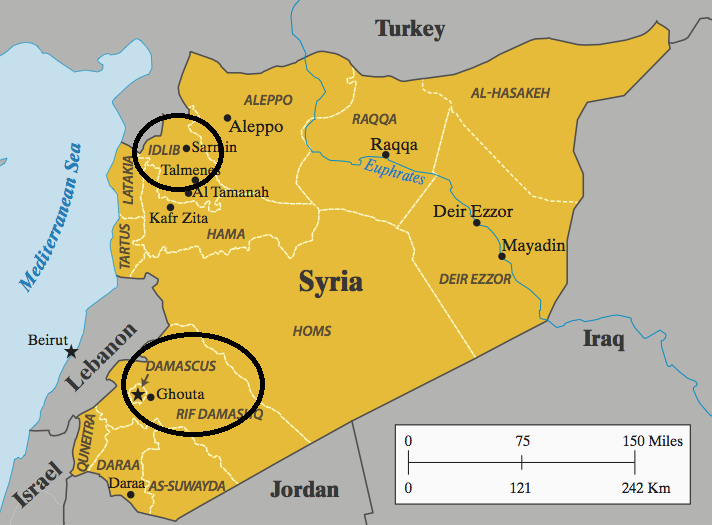7667766266
enquiry@shankarias.in
What is the issue?
How did the situation evolve?

What has come out of the negotiations?
How does the future look?
Source: The Hindu